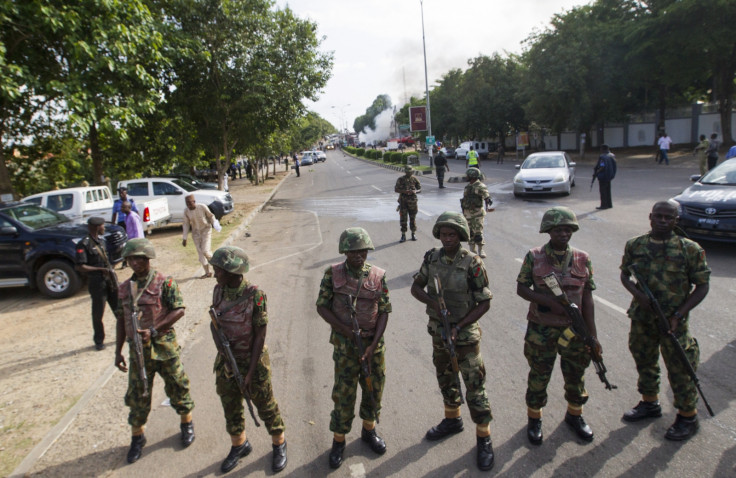Nigeria: 1,000 Boko Haram Members Arrested in Lagos, Officials Claim

At least 1,000 Boko Haram fighters have been allegedly arrested in Lagos, local media have said.
The insurgents were arrested as they were supposedly fleeing from the north of the country, following clashes with the army.
Head of the Hausa community in Lagos, Sani Kabir, said the alleged mass arrest was carried out in a bid to prevent the fighters from expanding its insurgence in the south of the country.
"So far in the southwest, we have peace and this is achieved through the collaboration of Arewa people and Arewa chiefs," Kabir told Nigerian newspaper Premium Times.
"If you can confirm with the security agencies, we have arrested more than 1,000 Boko Haram members throughout the south-west states.
"Any suspicious movement, we promptly report to the security agents because we believe that the problem is actually the Nigerian problem but if there is any breakdown of law and order in the south-west, we are the prime targets irrespective of whether you are a member of Boko Haram or not," he continued.
IBTimes UK was not able to independently verify whether the mass arrest occurred or not.
Boko Haram declared an Islamic caliphate in Gwoza, along the Cameroon border, in August 2014. The group has been raiding several cities in the north of the country in a bid to take control of more land.
The insurgents – who fight against the westernisation of Nigeria and aim to impose their version of sharia law in the country – are believed to have torched at least 185 churches in captured towns in Borno and Adamawa states in October.
The group also beheaded seven civilians in the city of Ngambu, northeastern Borno.
Borno, Yobe, and Adamawa states, where the militants usually carry out their attacks, have been under a state of emergency since May 2013.
Human Rights Watch said Boko Haram has killed at least 2,053 people since the beginning of 2014.
The group sparked worldwide outrage after it kidnapped 220 girls in Chibok, Borno State, in April 2014. After months of search operations conducted by both the Nigerian and foreign governments, the girls have not yet been found.
© Copyright IBTimes 2024. All rights reserved.






